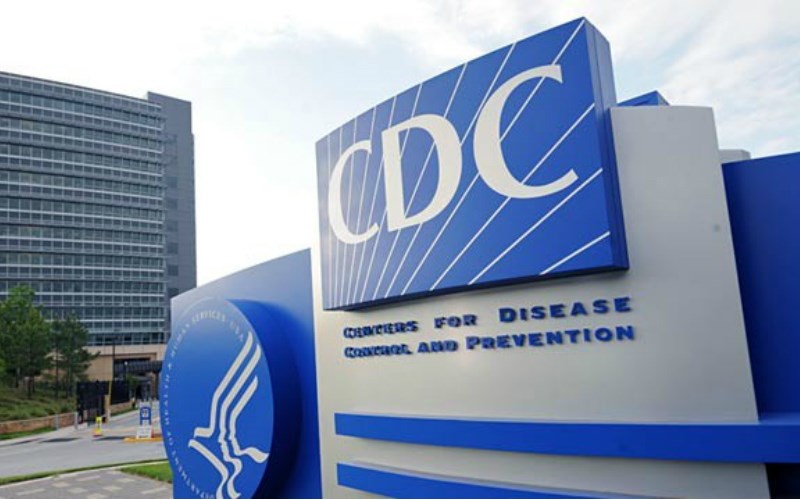The Centers for Disease Control and Prevention (CDC) says it is tracking an "outbreak of monkeypox that has spread across several countries … including the United States." The virus, says the CDC, spreads "mostly through close, intimate contact" with someone who has monkeypox. In its discussion on prevention, the federal agency addresses "safer sex" and social gatherings.
Breaking news: US declares public health emergency over monkeypox outbreak
Twila Brase, a registered nurse and president/co-founder of Citizens' Council for Health Freedom, tells AFN that given what she knows, there isn't a need for public angst regarding monkeypox – explaining that clearly "it's nothing like COVID."

"It is not airborne; it is [spread through] direct physical contact," she begins. "And I believe that that is why the CDC is focusing particularly on what they call 'men having sex with men' and encouraging them to have less contacts."
Cincinnati-based Jennifer Forrester, M.D. told reporters this week that it can be spread in many ways, although the virus is prevalent in communities of men who have sexual relations with men: "It is a close contact [transmission]. Actual skin-to-skin or with body fluids … and certainly not, we do not believe, as respiratory droplets as much transmission in that respect."
Cincinnati City Council member Reggie Harris also spoke to reporters: "Although anyone can contract monkeypox virus, most cases are men who have sex with men."
What about children, though? There are news reports of children getting monkeypox. Newsweek made it a point to say the cases were found in youngsters as the return of school looms.
"First of all, I think we should also look at how many deaths there have been," says Brase. "Monkeypox is something that is not only difficult to get, it's also relatively easy to get rid of. So, it's not like people are ending up in the hospital with monkeypox facing a mechanical ventilation and death; [rather] we're looking at a communicable disease by direct, close contact with those who have it, which is not the majority of the American population."
The last time the CDC saw what it considered an "outbreak" of monkeypox was in 2003. However, the 47 confirmed and probable cases involved people who "became ill after having contact with pet prairie dogs."







